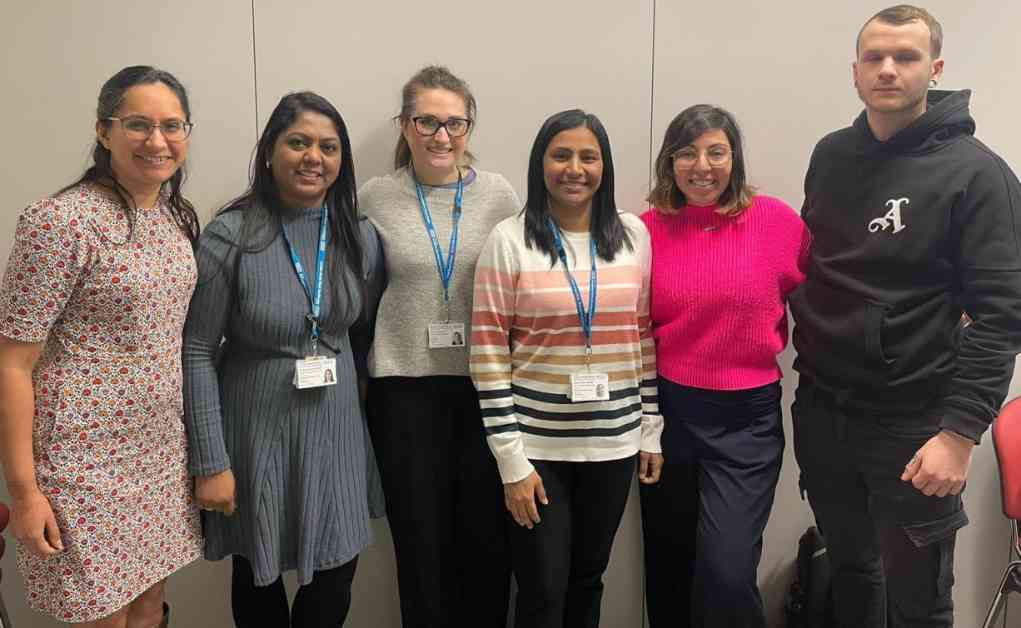Ealing Hospital is making a difference in the lives of homeless individuals by providing a unique support system that caters to both their health and social care needs. The hospital’s multi-discipline team, led by Dr. Amisha Babla, is working tirelessly to address the challenges faced by this vulnerable community.
Homeless individuals often struggle to access healthcare, leading to a significantly lower life expectancy compared to those who have stable housing. Dr. Babla, who first became involved with the Pathway programme through volunteering with Crisis, witnessed the hardships faced by homeless people firsthand. She highlighted the impact of the cost-of-living crisis, which has contributed to the rise in homelessness and forced many to live in inadequate conditions.
The team at Ealing Hospital, consisting of GPs, nurses, housing support officers, and an occupational therapist, receives referrals from A&E and in-patient teams. They provide care for a variety of health issues, such as TB, substance abuse, and skin conditions, with an average of 50 individuals seen each month. In addition to medical treatment, the team offers practical assistance on important matters like GP registration, benefits, housing, and immigration.
Dr. Babla emphasized the importance of offering a comprehensive service that addresses the interconnected needs of homeless individuals. In a system where services often operate in silos, the hospital’s approach of providing a one-stop service is invaluable in ensuring that individuals receive holistic support.
The success of the initiative is evident in the positive outcomes achieved during its pilot phase, which helped over 500 people in its first year. Recognizing the impact of the programme, NHS England has committed to funding it for an additional three years, ensuring continued support for homeless individuals in the community.
It is heartening to see healthcare professionals like Dr. Babla and her team at Ealing Hospital going above and beyond to support homeless individuals in need. By addressing not just their medical needs but also offering practical assistance and guidance, they are making a real difference in improving the health and well-being of this vulnerable population. This initiative serves as a shining example of compassionate and holistic care that can have a lasting impact on the lives of those who are often marginalized in society.












